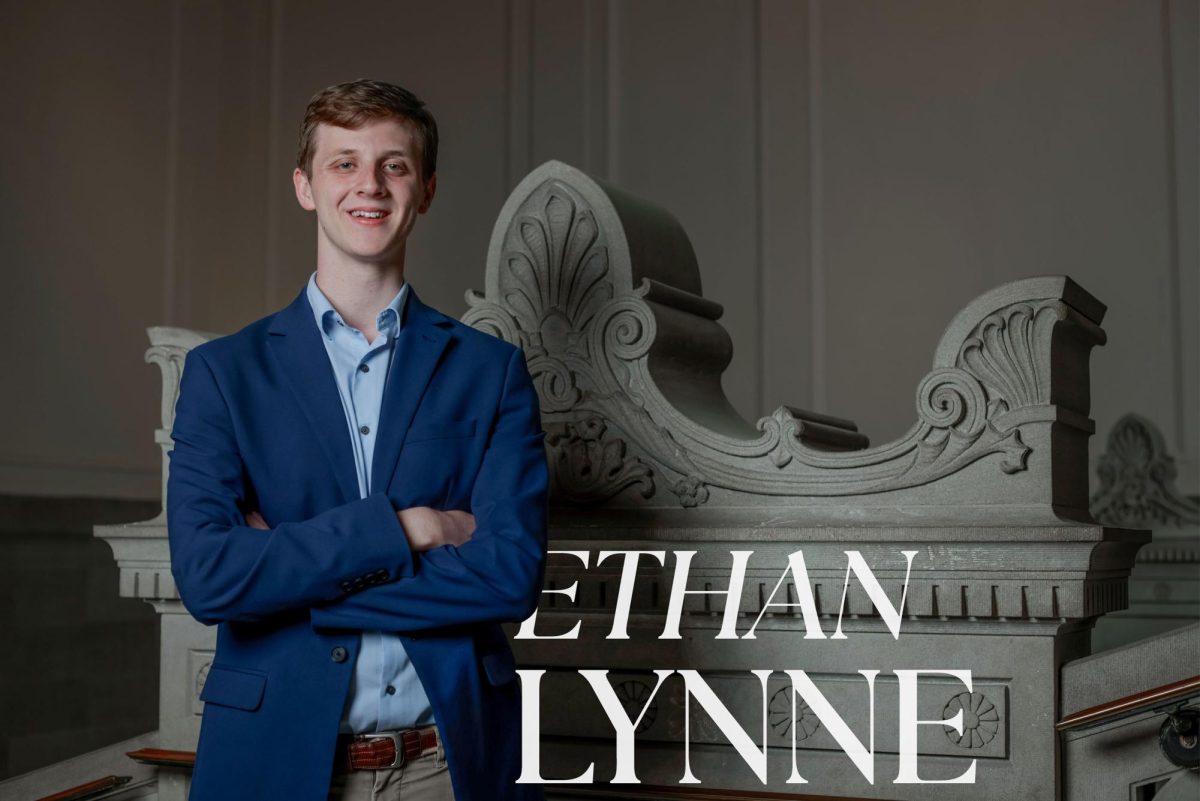Terror attacks, regional instability and a lack of government funding are the main challenges standing in the way of stability in Afghanistan, said Said Tayeb Jawad, the ambassador of Afghanistan to the U.S., when he spoke at the GW Hospital last week.
Jawad discussed Afghanistan’s strategy to combat the Taliban and other terrorist organizations while addressing a crowd of nearly 70 high-level Washington policymakers at a roundtable discussion hosted by GW’s Homeland Security Policy Institute.
“Afghanistan is at a turning point, not a tipping point,” said Jawad, who has served in his position for four years. “The goodwill of the Afghan people remains the key to our stability as a nation.”
Policy experts from various embassies, governmental organizations and NGO’s gathered to gain insight into the strategy of fighting a terrorist insurgency in Afghanistan, a country that has a history as a center for terrorist activities.
“The ambassador spoke about a lot of things that you would never read in the newspaper,” said Ravindran Alfreds, a graduate student at the Elliott School of International Affairs and a senior presidential fellow at the Homeland Security Policy Institute. “Events like this are the reason why many students come to Washington. GW is one of the few universities that allows you to take advantage of opportunities like this.”
Frank Cilluffo, director of the Homeland Security Policy Institute said the ambassadors give valuable insight into their jobs.
“Talks like this allow policymakers to take a walk in the Ambassadors shoes. Ambassador Jawad has an awful lot to contribute and part of what we try to do at these events is benefit from the perspectives of others.”
As part of the ongoing Ambassadors Roundtable series, the Homeland Security Policy Institute will host Mexican Ambassador Arturo Sarukhan on March 11 and Chinese Ambassador Zhou Wenzhong of the People’s Republic of China on March 27.





